Writing learning outcomes for lessons should not be a ceremonial activity. The AI age demands AI-collaborative and AI-complementary skills for student success.

Students must be prepared to responsibly navigate and manage AI-driven environments. Students need to have AI complimentary as well as AI collaborative skills.
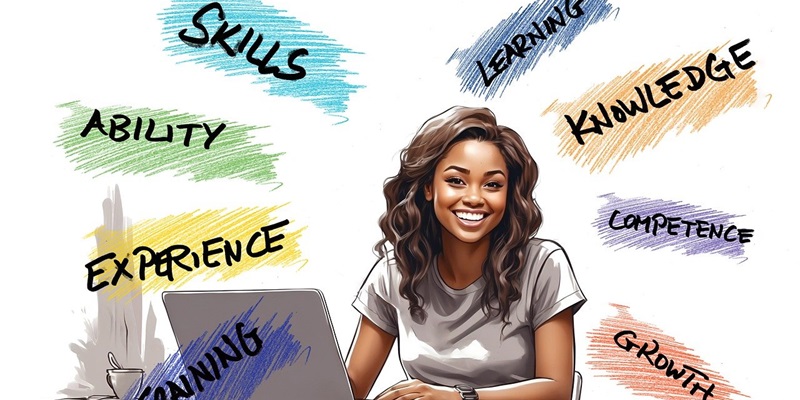
Learning outcomes have to be redefined in the Age of Intelligence. Students must develop AI-collaborative as well as AI-complementary skills for career success.
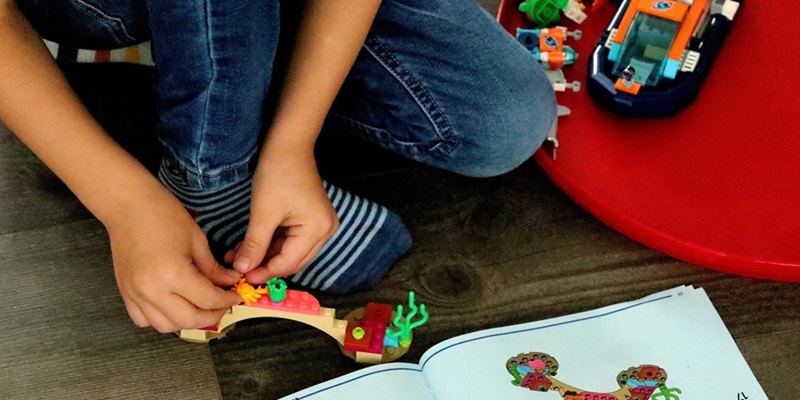
The Chessore Experience proved that education becomes deeply engaging when students are able to make meaningful contribution to their families & communities.

AI assisted learning is capable of developing several important skills such as critical thinking, analytical thinking, collaboration and validate information.

Critical thinking is a very old skill that humankind mastered while still living in caves. It has enabled them to survive crisis, invent and find new solutions.

Technology was always an aid for teachers beginning with the notebook, pencil & blackboard. As new AI technologies emerge it must be integrated not just used.
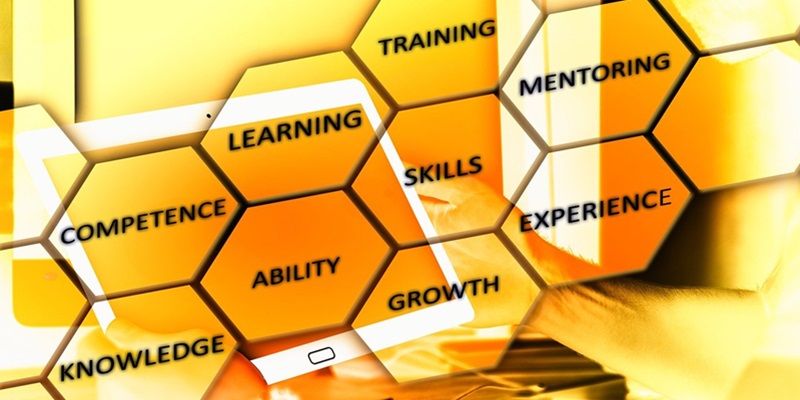
Teachers should go beyond content delivery and activities given at the end of each chapter & help them in understanding the local and global contexts of topics.

Education has to become constructivist and process oriented rather than focussed on content delivery & assessment for desired learning outcomes to be achieved.

Pallikkutam News delivers the latest in educational innovation, from parental engagement to empowering students and insights on Socratic wisdom's modern impact.
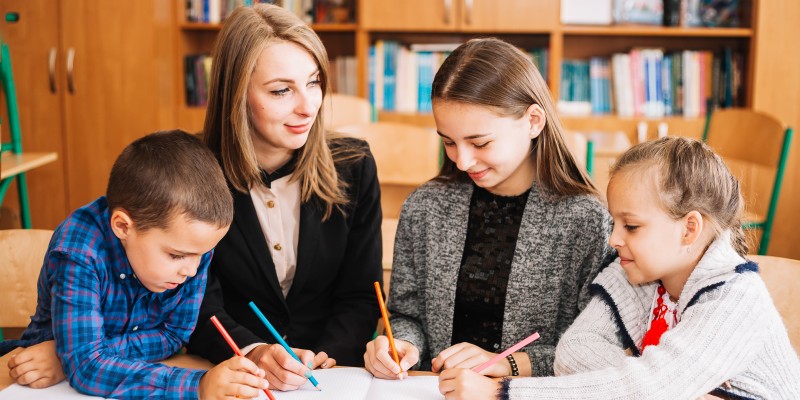
Pallikkutam News covers AI integration, Outcome-Based Education, ProDES, HALDO for displaced children, and Bloom's Mastery Approach in education.
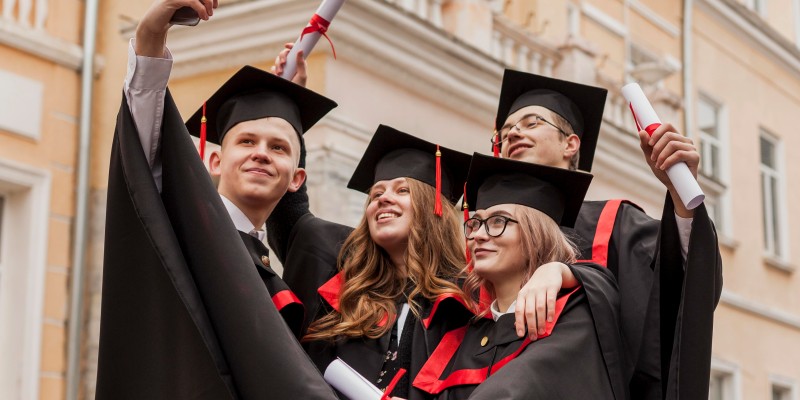
Pallikkutam News covers education innovations like gamified assessment, digital history, outcome-based learning, AI in evaluations, & sports-inspired education.

Pallikkutam News highlights AI, ungrading, digital innovation, and OBE, showcasing transformative advancements in education for a competitive global future.

Explore multifaceted approaches to assessing student learning outcomes, highlighting diverse strategies from Ananthamurthy International School and GRDCE.
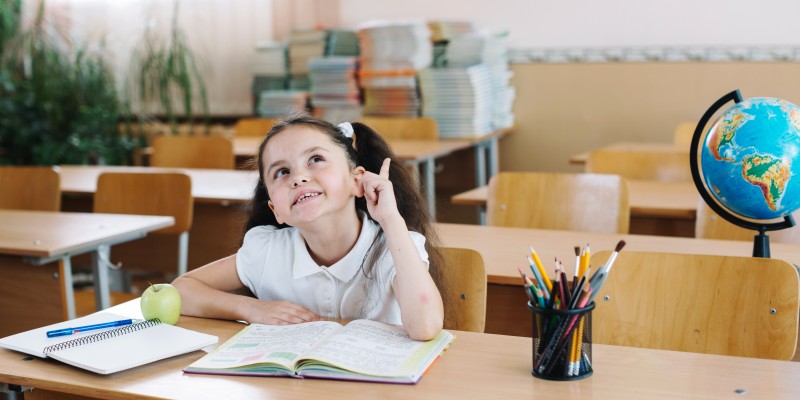
Explore how schools foster critical thinking in children through interactive activities, creativity, problem-solving, and wellness education.
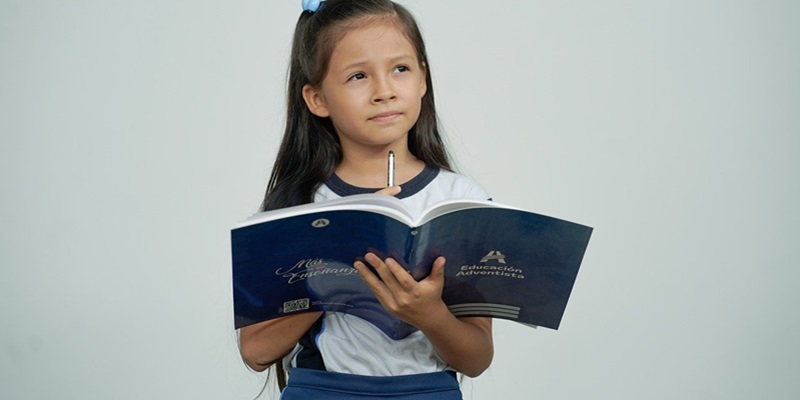
Teachers may have to try techniques to spark the curiosity in students. It can happen through discussions, dialogue, gamification, role-play & experimentation.
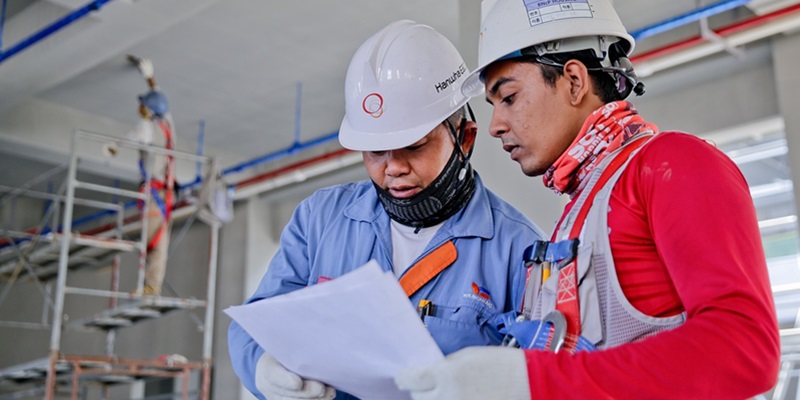
The institute will initially have advanced laboratories developed in partnership with over 15 global and Indian Original Equipment Manufacturers (OEMs).

The Nobel Prize winners of Physics in 2024 have been working in the domain of AI since 1980s. Chemistry and Medicine winners have also done outstanding work.

The initiatives under ANRF will help bridge the gap between research and industry, promote scientific research and innovation & also promote inclusive growth.

Gamification can lead to improvement in monitoring of blood sugar levels, food intake and exercise. Rewards & challenges help transform the attitude to health.
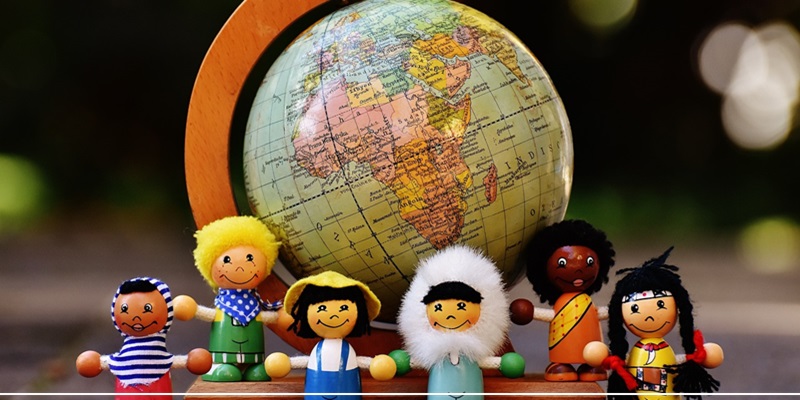
Involving with community, understanding problems and discussing solutions develop thinking & communication skills in students strengthening democratic values.
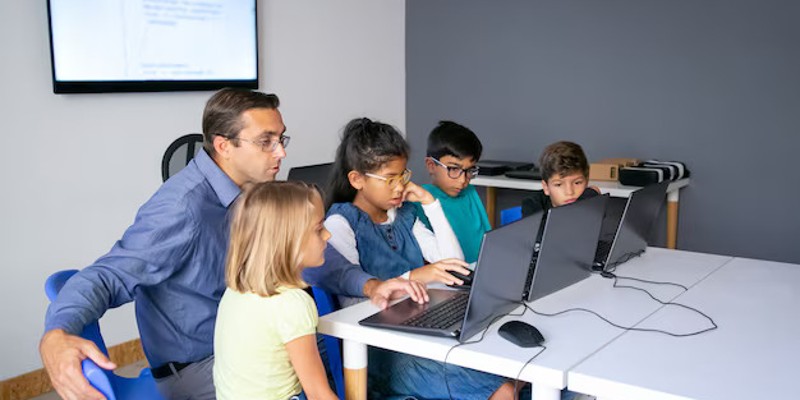
Effective technology use in classrooms enhances engagement, collaboration, and personalized learning, preparing students for success in a digital world.

A multitude of factors may influence the learning outcomes of a child in school. It may be related to nutrition, school and family, bullying, fear and anxiety.

Swami Dayanand Education Foundation (SDEF), Infosys Foundation and others support meritorious students from low-income families in pursuing higher education.